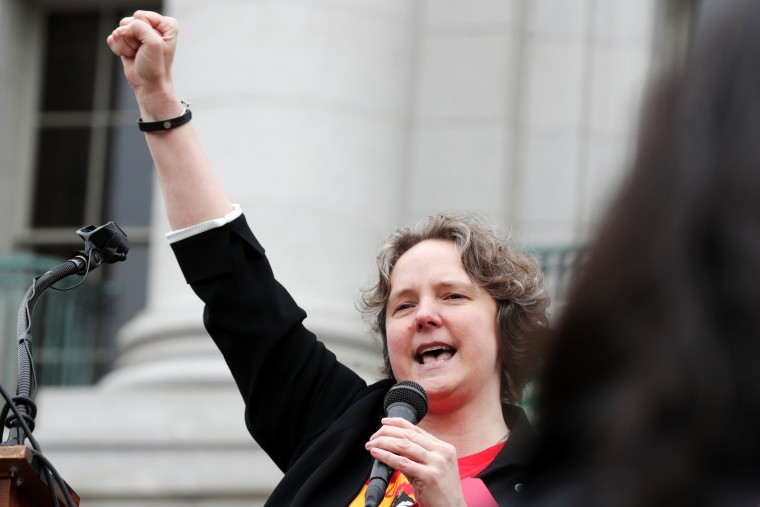As cities across the United States face growing challenges related to poverty, the implementation of free cash programs has emerged as a promising strategy to uplift individuals and families in need. These programs, which provide direct cash assistance to eligible residents, are gaining traction in various cities as part of efforts to expand the social safety net and combat poverty.
One of the key highlights of these free cash programs is their simplicity and effectiveness in addressing immediate financial needs. By putting cash directly into the hands of those experiencing poverty, these programs empower individuals to make decisions based on their unique circumstances and priorities. This approach stands in contrast to traditional welfare programs that come with restrictions and requirements, often creating barriers to accessing much-needed support.
Moreover, the expansion of free cash programs reflects a shift towards a more progressive approach to poverty alleviation. By recognizing the importance of economic security in people’s lives, these programs can help reduce financial stress and improve overall well-being. This, in turn, can have ripple effects on communities, leading to increased economic stability and social cohesion.
The success of free cash programs in combating poverty can also be attributed to their flexibility and adaptability. Unlike targeted assistance programs that may overlook individuals who fall just outside eligibility criteria, free cash programs have the potential to reach a broader population in need. Additionally, the simplicity of these programs simplifies the application and distribution processes, reducing administrative burdens and increasing efficiency.
As more cities across the country explore the implementation of free cash programs, the need for rigorous evaluation and monitoring becomes paramount. By collecting data on the impact of these programs on poverty rates, employment levels, and overall well-being, policymakers can make informed decisions on how best to allocate resources and support vulnerable populations. This evidence-based approach is essential for ensuring the long-term sustainability and effectiveness of free cash programs in addressing poverty.
In conclusion, the expansion of free cash programs represents a promising development in the fight against poverty in the United States. By providing direct financial assistance to those in need, these programs offer a simple yet powerful tool for promoting economic security and well-being. As more cities embrace this innovative approach, the potential for meaningful change in lifting individuals out of poverty and building stronger, more resilient communities continues to grow.
